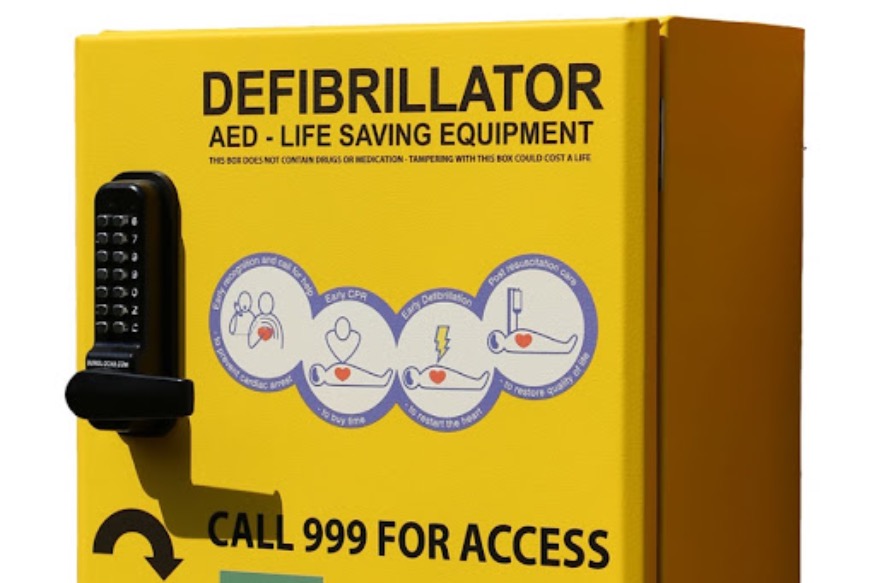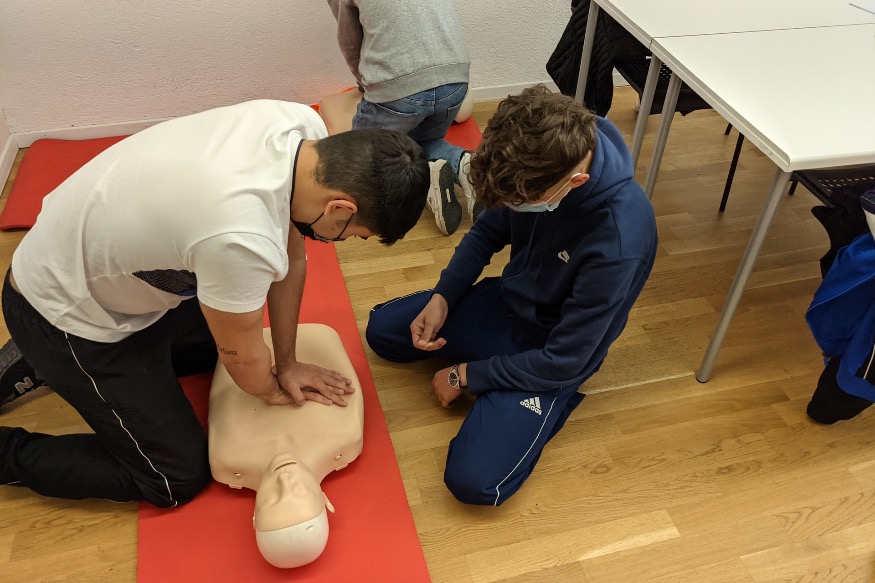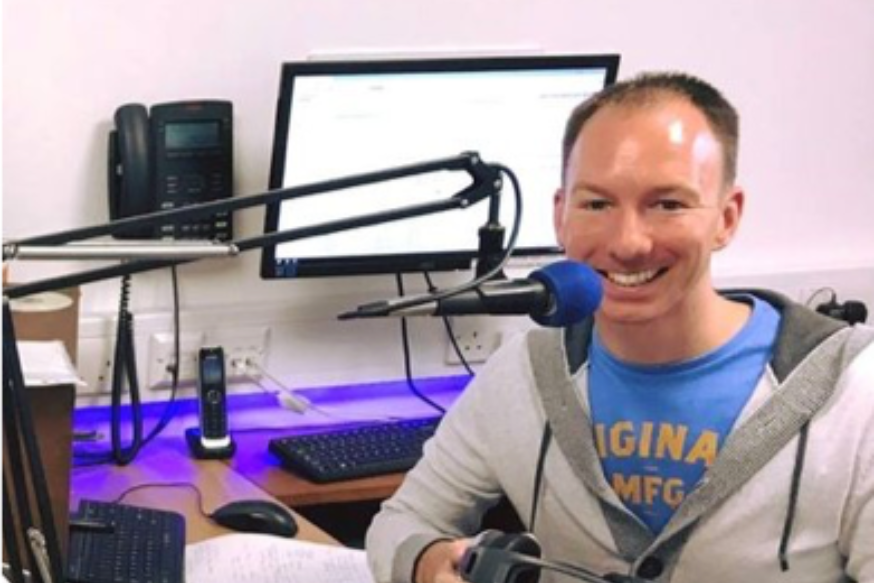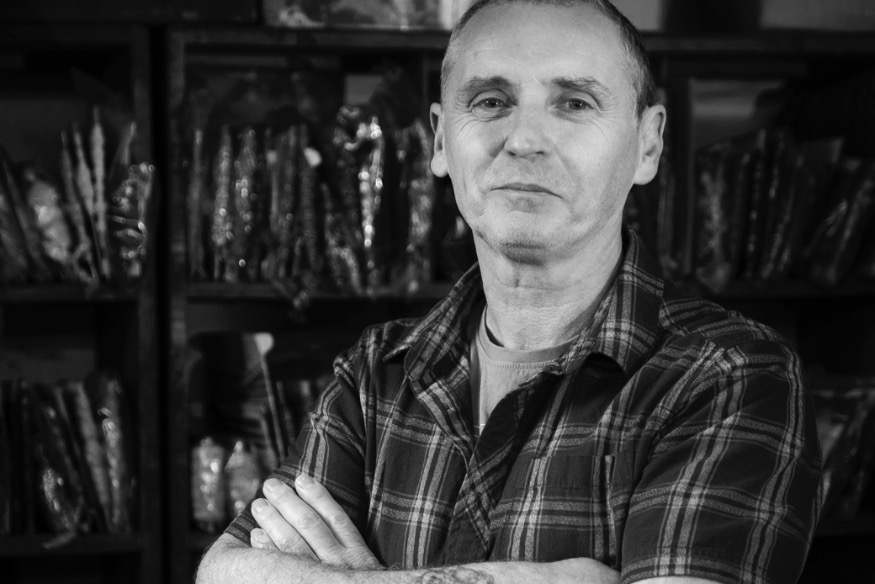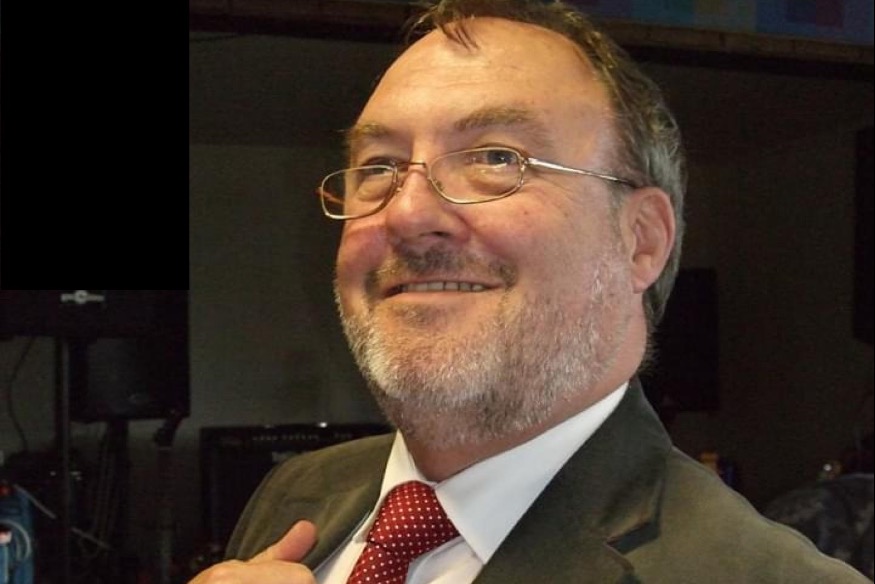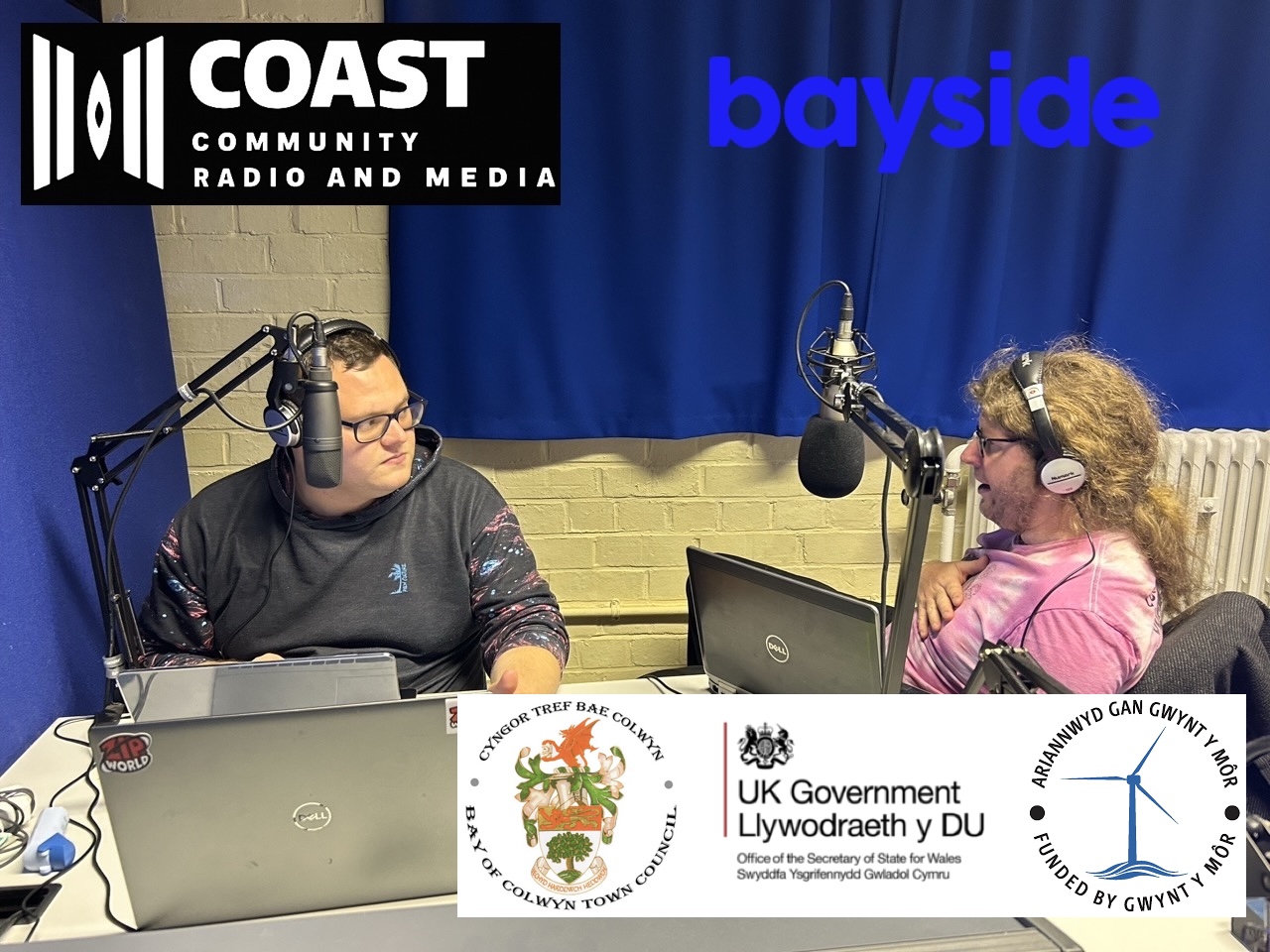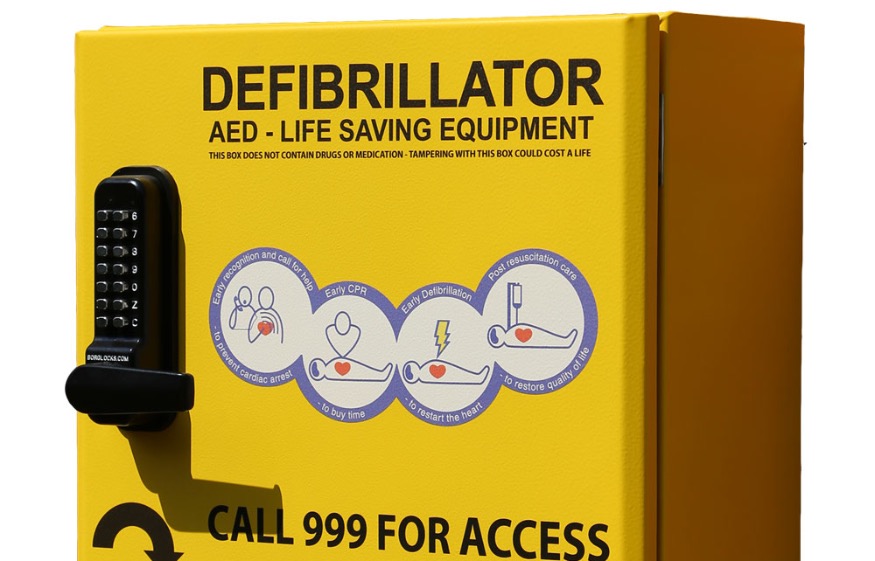
June 17, 2021 - 1554 views
A life-saving project to provide access to hundreds of defibrillators across North Wales and teach people how to respond to a cardiac arrest has been hailed a success.
In the last three years more than 500 new community public access defibrillators (CPAD) have been made available, while 315 more have been reinstated – including one in every secondary school in the Betsi Cadwaladr University Health Board area.
Starting cardiopulmonary resuscitation (CPR) and using a defibrillator before the arrival of an ambulance increases the chance of survival from a cardiac arrest significantly.
The project is a partnership between the Health Board, the Welsh Ambulance Services NHS Trust and the cardiac charity SADS UK.
Julie Starling, Advanced Arrhythmia Clinical Nurse Specialist and Project Manager, said: “This weekend we had a stark reminder about the importance of understanding how to respond to a cardiac arrest and having access to the right equipment to do it. Christian Eriksen’s collapse highlighted that anyone of any age, even children, can suffer a sudden cardiac arrest.
“Christian Eriksen’s life was saved by CPR and the use of a defibrillator, the most powerful combination to save a life in this situation. This has been one of the main focuses of the North Wales project, which has offered life-saving CPR training and education on the use of the defibrillator to our communities.
“More defibrillators have been placed in our communities to ensure they are widely available to help save lives, which is especially important in more rural parts of North Wales, as the sooner CPR starts and a defibrillator is used the more chance a person has of surviving.”
SADS UK fully funded the first two years of the project, which included bringing in a Community Public Access Defibrillator Officer to ensure all existing equipment in the region was tested and ready to use.
Anne Jolly MBE, the founder of SADS UK said: “Although there is very little needed to upkeep the defibrillator it is essential that pads and batteries are replaced at intervals. The CPAD Support Officer has been key in ensuring this is done and defibrillators are always ready to use, with the help of the community. The charity is delighted to be supporting this important project, teaching lifesaving skills and providing information and assistance to help schools put a defibrillator on site.”
Greg Lloyd, Head of Clinical Operations at the Welsh Ambulance Services NHS Trust, said: “Early administration of CPR and defibrillation is the most powerful combination in saving a life and the CPAD Support Officer’s role has been pivotal in making this happen by ensuring all community defibrillators remain rescue ready, as well as attending cardiac arrests while on duty in a first responder capacity.
“This project has been a huge success and is evidence of what collaborative working can achieved. The Welsh Ambulance Service is pleased to have been a part of this important project and is very pleased to hear that the project is looking to be extended throughout Wales. The partnership would like to wish Christian Eriksen a speedy recovery.”
The project is also being supported by funds raised through Cadwch Curiadau Keep the Beats which is part of the Health Board’s charity Awyr Las. Keep the Beats has so far managed to raise more than £20,000 and invested in new equipment, training videos and lifesaving defibrillators.
Any school or community group that would like further information can contact SADS at info@sadsuk.org or Awyr Las at BCU.AwyrLas@wales.nhs.uk
